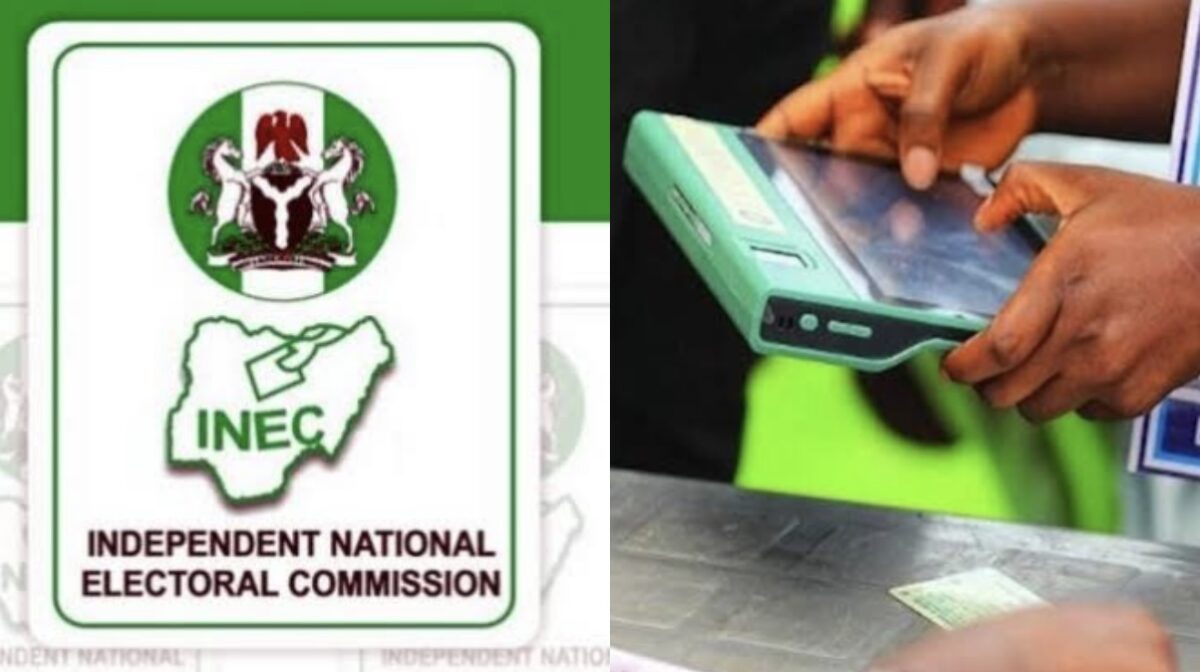
In the quest for a robust democracy, the role of Electoral Management Bodies (EMBs) in Nigeria has become increasingly pivotal. As guardians of the electoral process, these bodies are not just administrative entities but are fundamental to ensuring good governance. This blog post delves into the constitutional role of EMBs in Nigeria, particularly focusing on how they can foster transparent and credible elections, a cornerstone of democratic governance.
The Constitutional Mandate of EMBs
At the heart of Nigeria’s electoral process is the Independent National Electoral Commission (INEC), the primary EMB established by the constitution. INEC’s mandate includes the organization, conduct, and supervision of elections, a responsibility that is crucial for the sustenance of democracy. The constitutional provisions set the framework within which INEC operates, ensuring its independence and impartiality.
Challenges Facing EMBs in Ensuring Transparency
Despite the clear constitutional mandate, EMBs in Nigeria face significant challenges. These include logistical hurdles, political interference, security concerns, and public mistrust. Addressing these challenges is essential for the credibility of the electoral process. Transparency in voter registration, electioneering, ballot handling, and result declaration are areas where these challenges often manifest.
Strengthening EMBs for Better Governance
To enhance the effectiveness of EMBs, several measures can be implemented:
- Ensuring Independence: It is imperative that EMBs operate free from political influence. This independence is not only a constitutional requirement but is critical for public trust.
- Capacity Building: Regular training and capacity building for EMB staff ensure that they are well-equipped to handle the complexities of electoral processes.
- Technological Integration: Adopting modern technologies can enhance transparency and efficiency in electoral processes, from voter registration to result tallying.
- Public Engagement and Education: EMBs need to actively engage with the public, providing education on voting rights and processes, and building a culture of electoral participation.
The Role of Civil Society and International Observers
Civil society organizations and international observers play a complementary role in ensuring electoral transparency. Their oversight, advocacy, and reports can help hold EMBs accountable and provide valuable insights for improving electoral processes.
Constitutional Reforms for Enhanced Electoral Integrity
Legal and constitutional reforms are essential for strengthening EMBs. This includes revising electoral laws to address identified gaps, ensuring the protection of electoral officers, and institutionalizing mechanisms for dispute resolution.
The role of EMBs in fostering good governance in Nigeria cannot be overstated. As the country continues to navigate its democratic journey, the effectiveness of EMBs in managing transparent and credible elections remains a crucial barometer of progress. By adhering to their constitutional mandates and embracing reforms, EMBs in Nigeria can significantly contribute to the consolidation of democracy and the enhancement of good governance.
